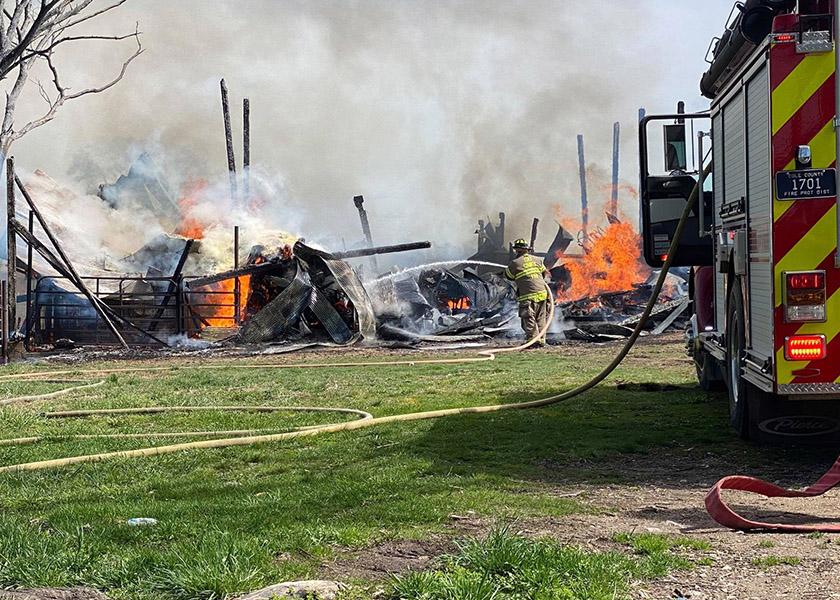4 Keys to Prevent Animal Activist Attacks in the Wake of a Disaster

Animal rights extremist organizations are known for attempting to take advantage of unfortunate situations. Whether it’s trying to pin the COVID-19 pandemic on meat consumption, being the first to show up at the scene of a trucking accident or taking out billboards after barn fires, they will never let a crisis go to “waste.” Unfortunately, that means farmers and ranchers need to think about potential activism while coming up with contingency plans for accidents, natural disasters and other crisis situations.
As an example, PETA is one of the primary groups that attempts to get involved following incidents such as barn fires or trucking accidents that involve loss of animals. They’re known for trying to get media attention by issuing statements or installing “memorial” billboards near accident scenes.
The Animal Save Movement frequently arrives early on the scene of transportation accidents involving animals and will try to convince law enforcement to release injured animals to them. A few years ago, Animal Recovery Mission released footage from a dairy farm that was captured while the farm was recovering from a storm that caused significant damage, impacting its ability to operate at its usual standard.
Crisis planning should be a frequent exercise on your farm or in your organization, and part of those plans should be thinking about how extremists may attempt to get involved. The Alliance recommends keeping the following measures in mind if you find yourself facing a disaster.
• Be mindful of anyone claiming to need to inspect the farm for any reason. Following a flood or natural disaster that caused damage, activists might show up and claim they are insurance adjusters or with FEMA and need to inspect the facility. Do not take any claim at face value and thoroughly investigate anyone claiming to need access to the farm for any reason.
• Be vigilant about any requests for information about the incident via phone or email from “journalists” or other supposed interested parties. Carefully verify the identity of anyone reaching out and determine if a response is appropriate or necessary.
• Watch out for anyone using drones or cameras to try to capture footage of damage, injured animals, manure runoff, etc.
• Consider any new applications for employment carefully. As mentioned, in the past activists have intentionally tried to get hired on farms while they are recovering from disasters and might not have their best foot forward.
I hope you never face an unfortunate situation that requires you to employ this advice, but a bit of preparation and prior planning will help you immensely if you do.
More from Farm Journal's PORK:
Fire Devastates Show Barn and State Fair Pig Prospects







